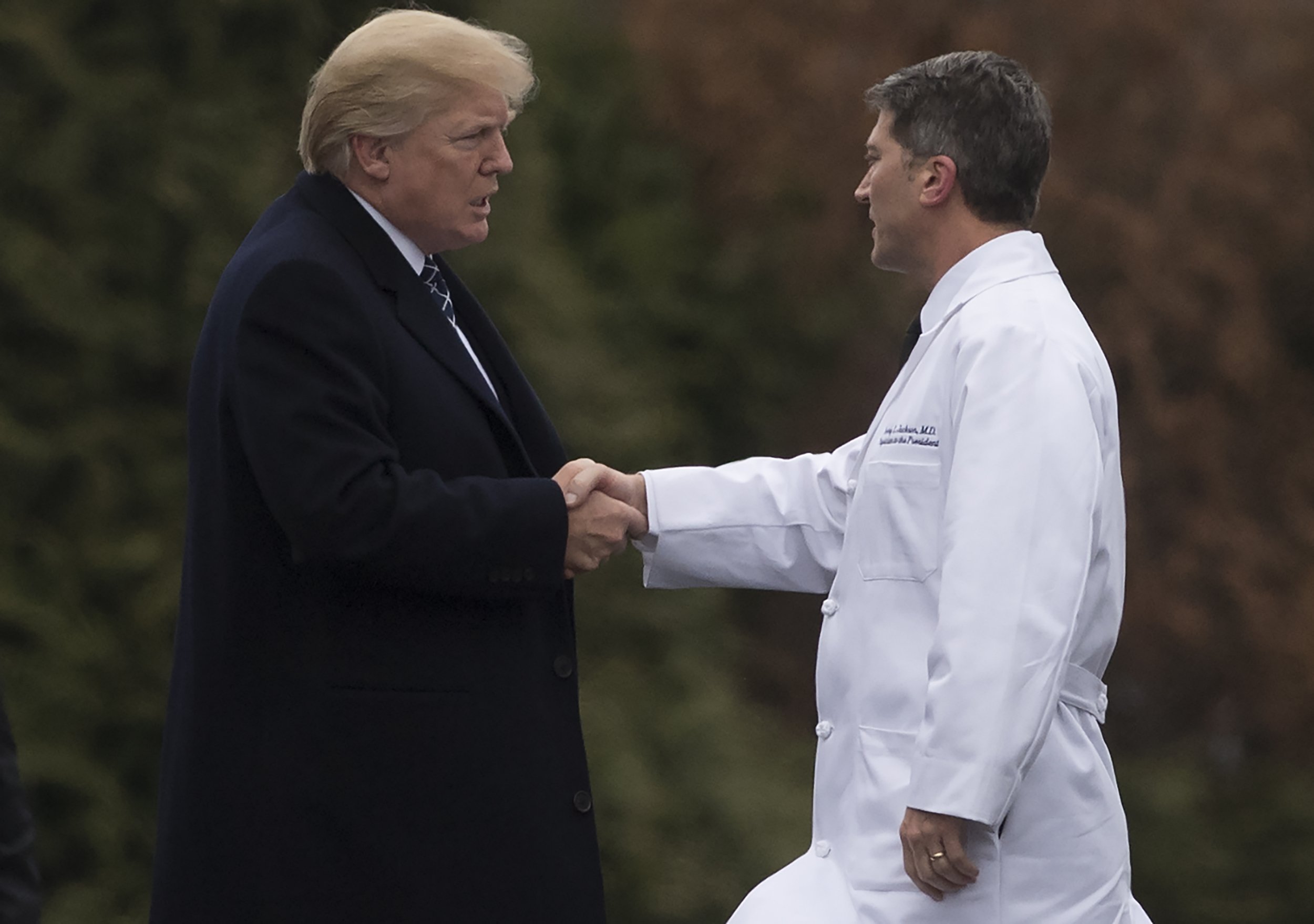
Americans may soon be able to buy inexpensive short-term, limited-coverage health insurance, thanks to a new rule proposed by the Trump administration. But critics argue the suggestion is inadequate "junk insurance," and just a further attempt to dismantle Obamacare.
"We want to open up affordable alternatives to unaffordable Affordable Care Act policies," said Health and Human Services Secretary Alex Azar, on the department's website. "This is one step in the direction of providing Americans health insurance options that are more affordable and more suitable to individual and family circumstances."
The potential rule change is the result of a executive order signed by President Donald Trump in October, which aimed to increase access to cheaper but less comprehensive health insurance alternatives to those on the Affordable Care Act exchanges. Experts say the rule change could decimate the markets created by the Affordable Care Act, as the cheaper alternatives will likely appeal to healthy people, drawing them away from the Obamacare exchanges and increasing premiums for Americans who remain.
"This will have a significant negative effect on those with pre-existing conditions," Linda Blumberg, a fellow with the Health Policy Center at the Urban Institute, told Newsweek. A key feature of Obamacare was that it prohibited insurers from charging higher premiums to those with so-called pre-existing conditions—a rule that would not apply to the short-term plans. "This is a way for the Trump administration to push the cost of healthcare onto those with pre-existing problems," Blumberg added.
The proposal would reverse an Obama-era decision that capped short-term plans at three months in an effort to move more Americans into Affordable Care exchanges.
In December, a group of insurance and healthcare providers, including Blue Cross Blue Shield and the American Heart Association, warned that short-term plans "will attract healthier consumers away from the regular insurance risk pool and endanger people's access to comprehensive coverage."
Seema Verma, the administrator of the Centers for Medicare and Medicaid Services estimated that only 100,000 to 200,000 enrollees would exit the exchanges for these alternatives, but experts say those estimates seem low.
"This is a recipe for a bad outcome," said Blumberg.
Democratic leaders agreed. This "plan is a green light to discriminate against Americans with pre-existing conditions – and will make quality health insurance more expensive and less accessible," said Senator Ron Wyden, ranking member of the Senate Finance Committee, in a tweet.
"Since day one, the Trump administration's playbook on health care has been to sabotage marketplaces, jack up costs and premiums, and then offer junk insurance that fails to offer protections for those with pre-existing conditions, coverage of essential health benefits and more," Senate minority leader Chuck Schumer tweeted.
Since day one, the Trump administration playbook on health care has been to sabotage marketplaces, jack up costs & premiums, and then offer junk insurance that fails to offer protections for those with pre-existing conditions, coverage of essential health benefits and more.
— Chuck Schumer (@SenSchumer) February 20, 2018
Yet some conservatives argue that these short-term plans will provide financial relief for middle-class Americans who have seen their premiums increase under Obamacare. "The Trump administration is right to propose lifting this ban because it will create new health options at more affordable prices," wrote Doug Badger of The Heritage Foundation, a conservative think tank. "The Health and Human Services Department should go further and allow consumers and insurers to renew these policies as well as purchase them."
Still, experts argue that these plans could end up exposing consumers to large gaps in their coverage and unexpected, high costs. "The three short-term insurers with the largest enrollment spent just half of the premiums they collected on enrollees' medical claims in 2016, well below the 80 percent threshold that providers of comprehensive individual-market coverage must meet," said Sarah Lueck, senior policy analyst at the Center on Budget and Policy Priorities, in an article on the center's website. Many who enroll in these programs find out too late that their insurance companies will not pay their claims, leaving them in significant medical debt.
The proposed rule on short-term coverage is the latest in a series of Republican-led reforms aimed to speed the demise of Obamacare. In the past year, the Trump administration slashed outreach funding by 90 percent, cut the open enrollment period in half and increased confusion over the stability of the program. It will end enforcement on the individual mandate that most Americans have healthcare coverage or pay a penalty in 2019.
Uncommon Knowledge
Newsweek is committed to challenging conventional wisdom and finding connections in the search for common ground.
Newsweek is committed to challenging conventional wisdom and finding connections in the search for common ground.
About the writer
Nicole Goodkind is a political reporter with a focus on Congress. She previously worked as a reporter for Yahoo Finance, ... Read more
To read how Newsweek uses AI as a newsroom tool, Click here.








